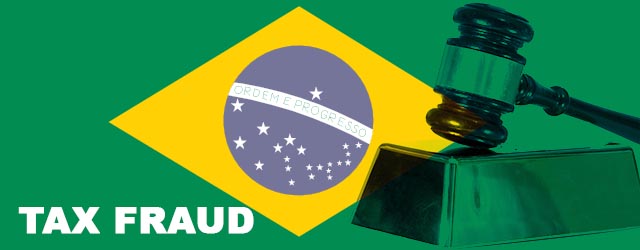Brazil is well known in the global business sector for its tax complexity, heavy tax burden (around 35% of GDP) and high use of technology for tax collection. Not for nothing do Brazilians call their tax authority—Receita Federal do Brasil—“the Lion.”

In the middle of the current budget crisis, the Lion is preparing to take a huge bite out of the biggest manufacturing companies. From January 2016, firms will have to declare digitally—in detail, every month—their volume of inventory stocks and to reveal their production processes and the formula of each of their products. The requirement is known as the new “Block K” declaration.
Since the mid-1990s, fiscal austerity has forced fast and furious changes in federal tax management practices. For the business sector it started with the digital tax return and was followed by the rule that companies issue electronic invoices for supply acquisition and final product sales.
Now, the Lion wants to close the loophole for a common tax dodge: evading taxes by failing to create electronic invoices for such operations.The Brazilian tax office defends the move as a way to better audit companies’ accounting practices and improve collection of the Industrialized Products Tax (IPI) and the state-managed Merchandise and Services Circulation Tax (ICMS), a kind of sales tax.
In the current era of fiscal crises and corruption scandals, the Brazilian government cannot waste a single cent—or close its eyes to tax fraud. But as a gesture of goodwill, the tax office decided last October to phase in the new Block K requirements gradually. First, only manufacturing companies with annual revenue of 300 million real ($79 million) or more must make the Block K declaration. In January 2017, industrial firms with more than 78 million real in revenues will be required to comply with the new regulations, and in January 2018, the remainder of manufacturing companies, some wholesale trade and stores will be treated like industries for tax purposes.
“Brazil has set the benchmark on digital tax collection, and this explains why I’ve never heard about so detailed and complex a tax declaration as Block K,” said Edinilson Apolinario, tax executive director of the National Association of Executives in Finance, Administration and Accounting and a tax partner at PwC Brazil.
According to Dennis Mattos, indirect tax manager for consulting firm Grant Thornton Brasil, most companies targeted by the Lion tried, without success to date, to stop or postpone the Block K rules through litigation. Now, they are racing against time to meet their new tax obligations, which will involve investing in software, professional help and more human resources against a backdrop of economic recession.



